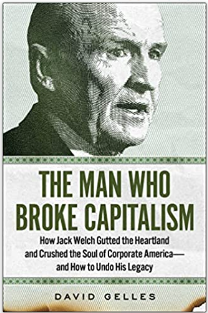Kroger’s acquisition of Albertsons: What this means
The headline says it all: Kroger to acquire Albertsons for $24.6bn solidifying its position as #2 grocery retailer with 11.8% market share.
This will make Kroger second only to Walmart’s 17.1% share.
Take a look at what this means.
The Kroger Co. Family of Stores
- Baker’s
- City Market
- Dillons
- Food 4 Less
- Foods Co
- Fred Meyer
- Fry’s
- Gerbes
- Jay C Food Store
- King Soopers
- Kroger
- Mariano’s
- Metro Market
- Pay-Less Super Markets
- Pick’n Save
- QFC
- Ralphs
- Ruler
- Smith’s Food and Drug
Now add in the Albertsons Companies’ Family of Stores
- Albertsons
- Safeway
- Vons
- Jewel-Osco
- Shaw’s
- Acme
- Tom Thumb
- Randalls,
- United Supermarkets
- Pavilions
- Star Market
- Haggen, Carrs
- Kings Food Markets
- Balducci’s Food Lovers Market
All of these will now be Kroger’s. Monopoly capitalism, anyone?
Kroger has a long track record of lowering prices, improving the customer experience and investing in its associates and communities. Consistent with prior transactions, Kroger plans to invest in lowering prices for customers and expects to reinvest approximately half a billion dollars of cost savings from synergies to reduce prices for customers. An incremental $1.3 billion will also be invested into Albertsons Cos. stores to enhance the customer experience. Kroger will also build on its recent investments in associate wages, training and benefits. Kroger has invested an incremental $1.2 billion in associate compensation and benefits since 2018. The combined company expects to invest $1 billion to continue raising associate wages and comprehensive benefits after close.
Who will hold Kroger accountable for these promises?
It needs to be held accountable.
***********
For 30% off, go to www.ucpress.edu/9780520384156. Use code 21W2240 at checkout.



